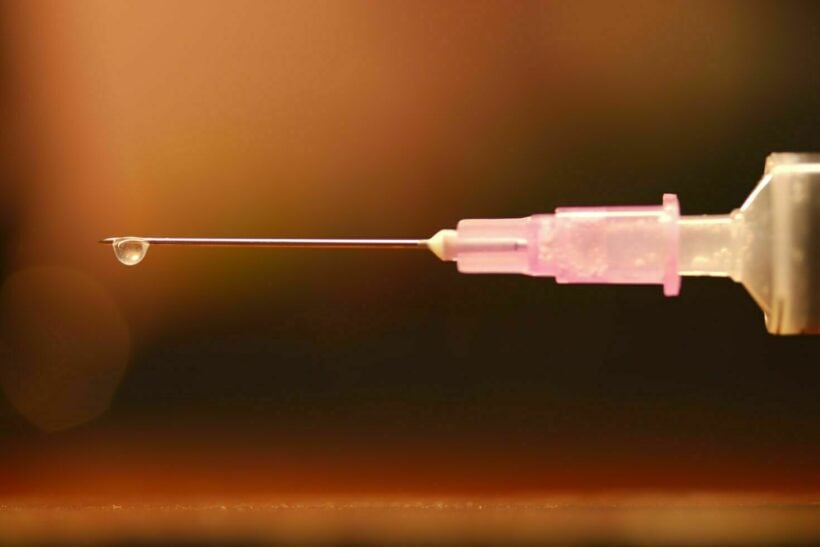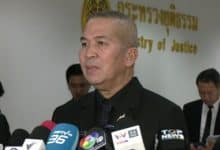Thai govt’s chemical castration policy takes effect next month

The Thai government is preparing to introduce its controversial chemical castration policy on repeat sex offenders next month.
The Justice Ministry revealed it is preparing for the new law which is set to take effect on January 23. The policy is aimed at preventing people convicted of sexual and violent crimes from reoffending.
The Senate passed the bill, allowing the voluntary chemical castration of recidivist sex offenders, on Tuesday, July 11 this year. The Senate unanimously approved the bill by 145-0 votes, with two abstentions, reported Bangkok Post.
The law to use the drug requires the consent of the sex offender and the approval of at least two specialists, psychiatric, and medical.
Details of the law were published in the Royal Gazette in late October.
Justice Minister Somsak Thepsutin revealed the Justice Safety Observation ad hoc Center (JSOC) has been established to monitor former sex offenders following their release.
Somsak said ministerial regulations will be issued under the law to cover all areas of enforcement, including the rehabilitation of former inmates.
“Officials are being trained to familiarise themselves with the contents. They are distributed manuals to help with enforcement.”
The Justice Ministry has secured cooperation in the enforcement of the law under a memorandum of understanding with the Courts of Justice, prosecutors, the Interior Ministry, the Public Health Ministry, and the Royal Thai Police Office.
The ministry revealed 5,683 inmates were convicted on sex-related charges and 117 are set to be released from Thailand’s prisons between January 23 and February 28 next year.
The minister said the courts and the prosecutors will be kept updated regarding the JSOC in case any former inmates are ordered by the court to be detained for reoffending after being released from jail.
Law enforcement officers and probation volunteers will also be on the lookout for repeat offenders.
Somsak said the ministry has detention facilities ready and the Klong Prem Central Prison in Bangkok will serve as a pilot detention centre before another facility is opened in prisons in major provinces, including Phitsanulok, Nakhon Ratchasima, Ratchaburi, Rayong, and Nakhon Si Thammarat.
“Drafting and implementing the ministerial regulations to supplement the law will need to be wrapped up within the 90-day window.”
Lynn Saunders, governor of HMP Whatton, Nottinghamshire, UK, Europe’s largest sex offender rehabilitation centre, said last year that chemical castration is the only possible option for certain types of prisoner.
“We’re trying to stop the people we lock up from doing this again. That’s the key thing for me. The majority of them will get out and will possibly be living next door to you or me. That’s my bottom line. We need to make sure they are as safe as possible to live next door to you or me or your children.”
Thailand Corrections Department figures reveal there were 4,848 repeat sex offenders out of the 16,413 released from Thai prisons between 2013 and 2020.
The chemical castration process involves an injection every three months and costs about 100,000 baht per time.
Latest Thailand News
Follow The Thaiger on Google News:


























